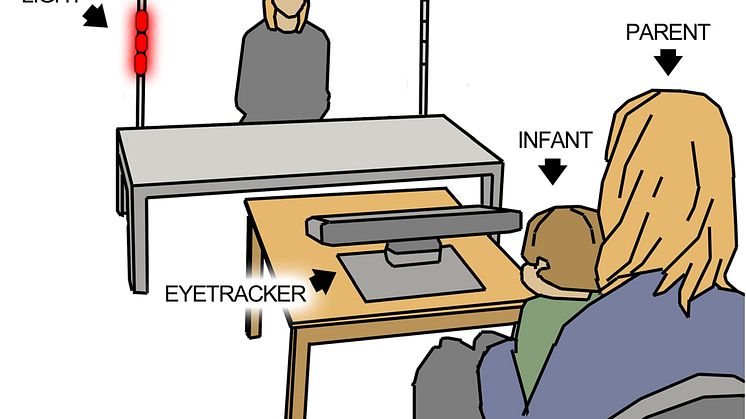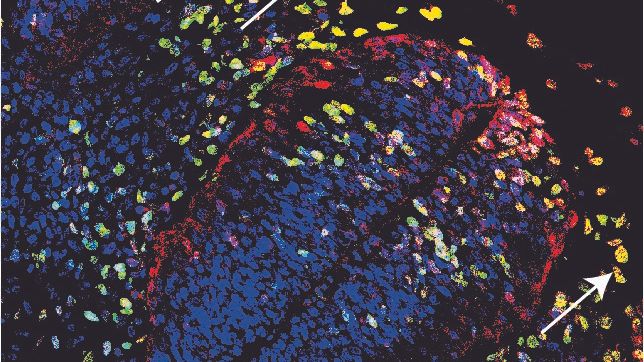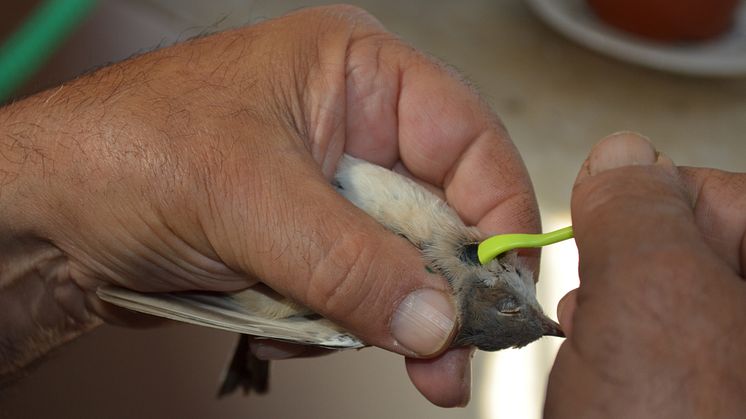Multiple genes affect risk of asthma, hay fever and eczema
In a new study from SciLifeLab at Uppsala University, researchers have found a total of 141 regions (genes) in our genetic material that largely explain the genetic risk underlying asthma, hay fever and eczema. As many as 41 of the genes identified have not previously been linked to an elevated risk for these diseases. The results are published in the scientific journal Human Molecular Genetics.


